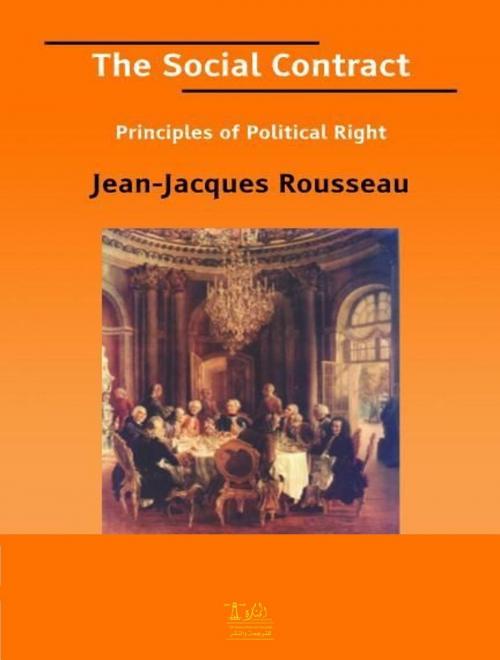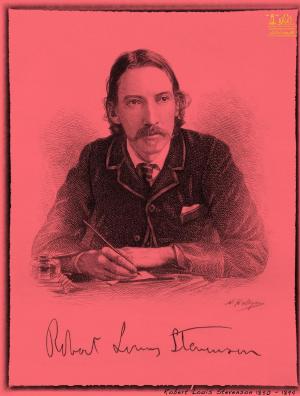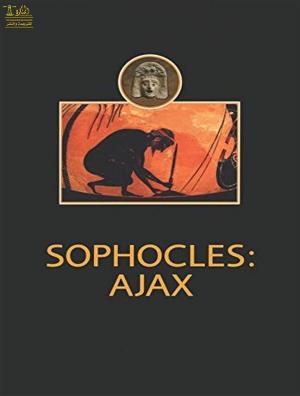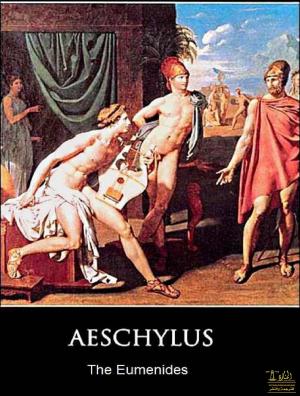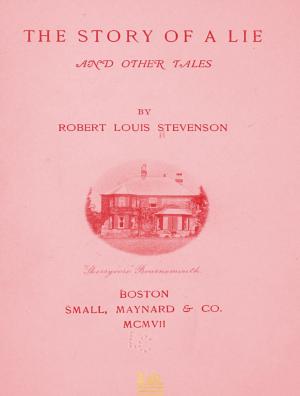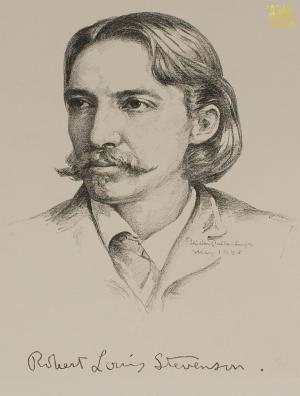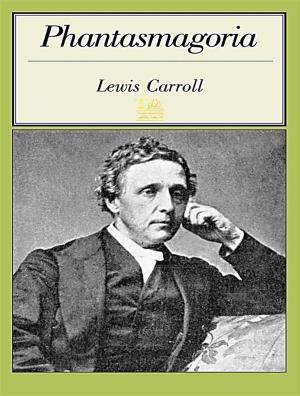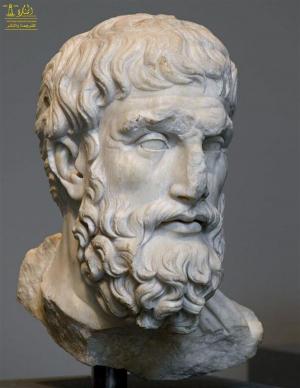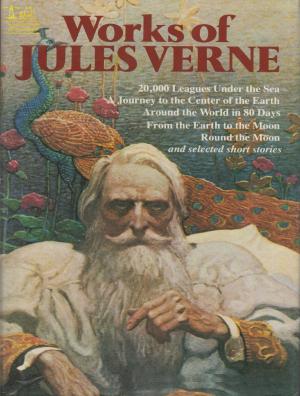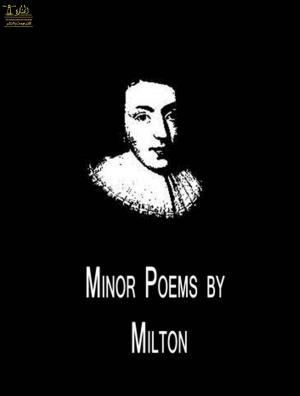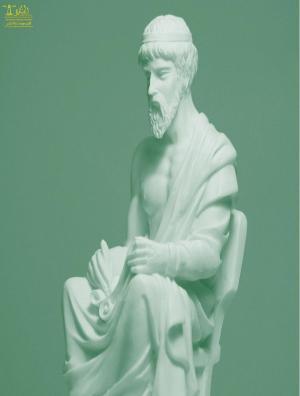The Social Contract, or Principles of Political Right
Nonfiction, Religion & Spirituality, Philosophy, Free Will & Determinism, Logic, Political| Author: | Jean-Jacques Rousseau | ISBN: | 9780599456914 |
| Publisher: | Lighthouse Books for Translation Publishing | Publication: | May 11, 2019 |
| Imprint: | Lighthouse Books for Translation and Publishing | Language: | English |
| Author: | Jean-Jacques Rousseau |
| ISBN: | 9780599456914 |
| Publisher: | Lighthouse Books for Translation Publishing |
| Publication: | May 11, 2019 |
| Imprint: | Lighthouse Books for Translation and Publishing |
| Language: | English |
In The Social Contract (1762) Rousseau argues that laws are binding only when they are supported by the general will of the people.
Jean-Jacques Rousseau, (born June 28, 1712, Geneva, Switzerland—died July 2, 1778, Ermenonville, France), Swiss-born philosopher, writer, and political theorist whose treatises and novels inspired the leaders of the French Revolution and the Romantic generation.
Rousseau was the least academic of modern philosophers and in many ways was the most influential. His thought marked the end of the Age of Reason. He propelled political and ethical thinking into new channels. His reforms revolutionized taste, first in music, then in the other arts. He had a profound impact on people’s way of life; he taught parents to take a new interest in their children and to educate them differently; he furthered the expression of emotion rather than polite restraint in friendship and love. He introduced the cult of religious sentiment among people who had discarded religious dogma. He opened people’s eyes to the beauties of nature, and he made liberty an object of almost universal aspiration.
Rousseau’s mother died in childbirth, and he was brought up by his father, who taught him to believe that the city of his birth was a republic as splendid as Sparta or ancient Rome. Rousseau senior had an equally glorious image of his own importance; after marrying above his modest station as a watchmaker, he got into trouble with the civil authorities by brandishing the sword that his upper-class pretentions prompted him to wear, and he had to leave Geneva to avoid imprisonment. Rousseau, the son, then lived for six years as a poor relation in his mother’s family, patronized and humiliated, until he, too, at the age of 16, fled from Geneva to live the life of an adventurer and a Roman Catholic convert in the kingdoms of Sardinia and France.
Mme de Warens, who thus transformed the adventurer into a philosopher, was herself an adventuress—a Swiss convert to Catholicism who had stripped her husband of his money before fleeing to Savoy with the gardener’s son to set herself up as a Catholic missionary specializing in the conversion of young male Protestants. Her morals distressed Rousseau, even when he became her lover. But she was a woman of taste, intelligence, and energy, who brought out in Rousseau just the talents that were needed to conquer Paris at a time when Voltaire had made radical ideas fashionable.
Rousseau reached Paris when he was 30 and was lucky enough to meet another young man from the provinces seeking literary fame in the capital, Denis Diderot. The two soon became immensely successful as the centre of a group of intellectuals—or philosophes—who gathered round the great French Encyclopédie, of which Diderot was appointed editor. The Encyclopédie was an important organ of radical and anticlerical opinion, and its contributors were as much reforming and even iconoclastic pamphleteers as they were philosophers. Rousseau, the most original of them all in his thinking and the most forceful and eloquent in his style of writing, was soon also the most conspicuous. He wrote music as well as prose, and one of his operas, Le Devin du village (1752; “The Village Soothsayer”), attracted so much admiration from the king (Louis XV) and the court that he might have enjoyed an easy life as a fashionable composer, but something in his Calvinist blood rejected that type of worldly glory. Indeed, at the age of 37 R
In The Social Contract (1762) Rousseau argues that laws are binding only when they are supported by the general will of the people.
Jean-Jacques Rousseau, (born June 28, 1712, Geneva, Switzerland—died July 2, 1778, Ermenonville, France), Swiss-born philosopher, writer, and political theorist whose treatises and novels inspired the leaders of the French Revolution and the Romantic generation.
Rousseau was the least academic of modern philosophers and in many ways was the most influential. His thought marked the end of the Age of Reason. He propelled political and ethical thinking into new channels. His reforms revolutionized taste, first in music, then in the other arts. He had a profound impact on people’s way of life; he taught parents to take a new interest in their children and to educate them differently; he furthered the expression of emotion rather than polite restraint in friendship and love. He introduced the cult of religious sentiment among people who had discarded religious dogma. He opened people’s eyes to the beauties of nature, and he made liberty an object of almost universal aspiration.
Rousseau’s mother died in childbirth, and he was brought up by his father, who taught him to believe that the city of his birth was a republic as splendid as Sparta or ancient Rome. Rousseau senior had an equally glorious image of his own importance; after marrying above his modest station as a watchmaker, he got into trouble with the civil authorities by brandishing the sword that his upper-class pretentions prompted him to wear, and he had to leave Geneva to avoid imprisonment. Rousseau, the son, then lived for six years as a poor relation in his mother’s family, patronized and humiliated, until he, too, at the age of 16, fled from Geneva to live the life of an adventurer and a Roman Catholic convert in the kingdoms of Sardinia and France.
Mme de Warens, who thus transformed the adventurer into a philosopher, was herself an adventuress—a Swiss convert to Catholicism who had stripped her husband of his money before fleeing to Savoy with the gardener’s son to set herself up as a Catholic missionary specializing in the conversion of young male Protestants. Her morals distressed Rousseau, even when he became her lover. But she was a woman of taste, intelligence, and energy, who brought out in Rousseau just the talents that were needed to conquer Paris at a time when Voltaire had made radical ideas fashionable.
Rousseau reached Paris when he was 30 and was lucky enough to meet another young man from the provinces seeking literary fame in the capital, Denis Diderot. The two soon became immensely successful as the centre of a group of intellectuals—or philosophes—who gathered round the great French Encyclopédie, of which Diderot was appointed editor. The Encyclopédie was an important organ of radical and anticlerical opinion, and its contributors were as much reforming and even iconoclastic pamphleteers as they were philosophers. Rousseau, the most original of them all in his thinking and the most forceful and eloquent in his style of writing, was soon also the most conspicuous. He wrote music as well as prose, and one of his operas, Le Devin du village (1752; “The Village Soothsayer”), attracted so much admiration from the king (Louis XV) and the court that he might have enjoyed an easy life as a fashionable composer, but something in his Calvinist blood rejected that type of worldly glory. Indeed, at the age of 37 R
